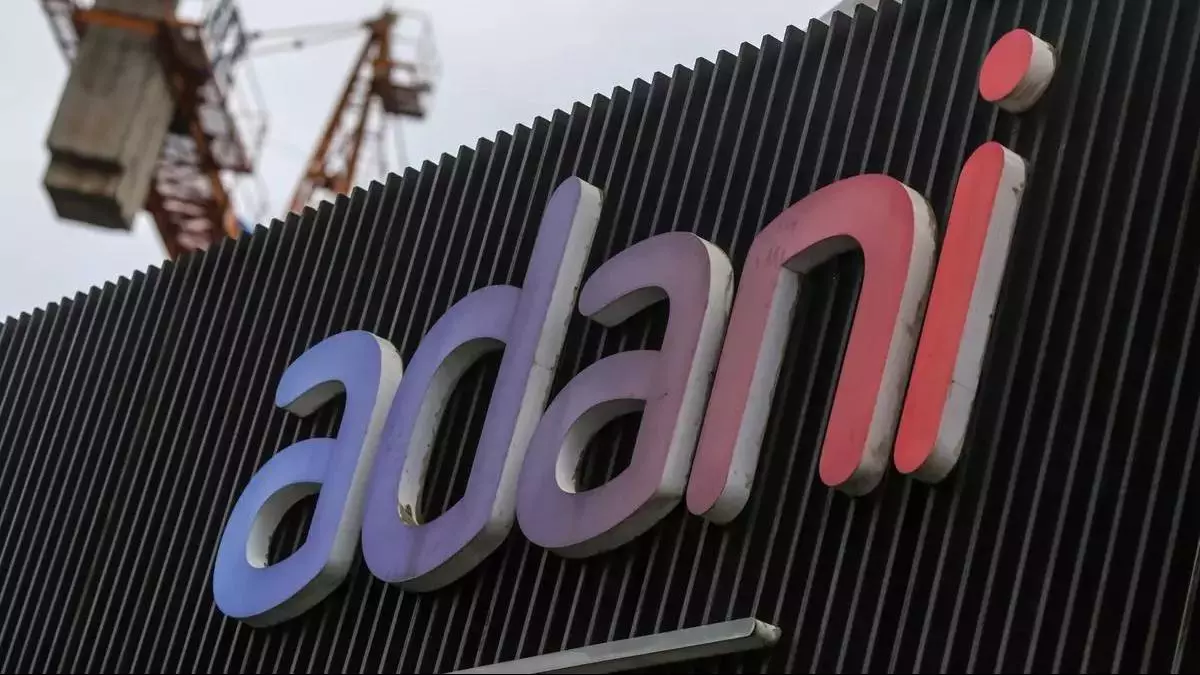Adani-Hindenburg row: SC may grant SEBI 3 more months to wrap up probe
the supreme court On Friday, it said it would use the weekend to consider the report submitted by a panel of experts led by former Supreme Court justice, Justice Abhay Manohar Saberi, on the Hindenburg Foundation’s allegations of stock price manipulation and fraud against the Adani Group before making a call. At the request of the Securities and Exchange Board to give it a “minimum” six months to complete the investigation.
“We had Judge Sabri’s report on the record. We didn’t have time to read it. We’ll read it over the weekend and make a list.” [SEBI] Request for Monday,” addressed a three-judge panel headed by Chief Justice of India D. Y. Chandrachod, Advocate General Tushar Mehta and advocate Pratap Venugopal, who represents the market regulator.
But the board, which also includes Justices PS Narasimha and JB Pardiwala, has clearly indicated its disagreement with SEBI requested a six-month extension time to complete the investigation.
“There must be some kindness on your part… We are considering giving you three more months. We can’t agree with you when you say six months ‘minimum.’”
said the Attorney General Sippy He “squeezes” the required time into six months. He hinted that the investigation might extend abroad. “We will need at least six months to reach any conclusion, given that the investigation may be over,” Mehta said.
Advocate Prashant Bhushan, on behalf of the petitioners, said SEBI had been investigating since 2017, for the past six years. However, Mehta replied that Bhushan was referring to an unrelated issue.
Bhushan said the market regulator should at least act and declare to the Supreme Court “what they have done so far”. But the court said such disclosure may not be valid at this point. “But we agree with you that they cannot continue indefinitely,” said Chief Justice Chandrachod.
“We will review Judge Sabri’s report and come back on Monday. We will announce further orders on Monday in this case,” the Chief Justice said.
Formation of the expert committee
On March 2, it was to the Supreme Court Expert committee formed headed by Judge Sabri to investigate the causative factors and existence of regulatory failure, if any, which resulted in investors losing crores of rupees due to fluctuations in the stock market Following the Hindenburg Research Report accusing the Adani Group of “brazen stock manipulation and accounting fraud schemes for decades”.
SEBI and other agencies have been directed by the court to cooperate with the commission and provide it with all “material and required information”. SEBI was, at the time, already investigating the Hindenburg Report.
However, SEBI’s request for the six-month extension of time said that “If prima facie violations are detected, a period of six months will be required to reach a conclusive conclusion. If no prima facie violations are found, six months will be required to re-check the analysis and come to a conclusion.” Conclusive conclusion. Where further investigation is required and access to most of the data required for this purpose is reasonably expected, a conclusive conclusion is expected within six months.”
12 “Shady” Deal
The market regulator said it was investigating 12 “suspicious” deals – a term borrowed from the Hindenburg report -.
SEBI noted, “These transactions are complex and have many sub-transactions, and careful investigation of these transactions requires compilation of data/information from various sources along with detailed analysis including verification of requests made by companies.”
Adani vs. Hindenburg: a perpetual battle between bulls and bears
Adani vs. Hindenburg: a perpetual battle between bulls and bears
The ‘analysis’ will include flow on financial statements of external entities involved in transactions, disclosures made to stock exchanges, minutes of meetings, connections/relationships between entities both domestically and abroad and examination of contracts and agreements, and their application is explained.
He has said SEBI’s “detailed investigative process” will include depositions from key administrative personnel, statutory auditors and other “relevant” persons. It also requires obtaining bank statements from several local and international banks for transactions that may go back more than 10 years.
Various information/documents were obtained from entities such as the seven listed Adani companies (Adani Enterprises Limited, Adani Power Limited, Adani Transmission Limited, Adani Green Energy Limited, Adani Ports and Special Economic Zone Limited, Adani Total Gas Limited and Adani Wilmar Limited) , including subsidiaries, step-down affiliates and other private entities, allegedly involved in the transactions,” SEBI reported.
SEBI examines whether the Adani Group has violated laws such as the SEBI Regulations (Prohibition of Fraudulent and Unfair Business Practices Related to the Stock Market), 2003; SEBI (Insider Trading Prohibition) Regulations, 2015; SEBI (Foreign Portfolio Investors) Regulations, 2019, Offshore Derivative Instruments (ODI) Standards, Short Selling Standards, if applicable.
The court asked SEBI to also investigate alleged violations of the Securities Contract (Regulation) Rules of 1957.
